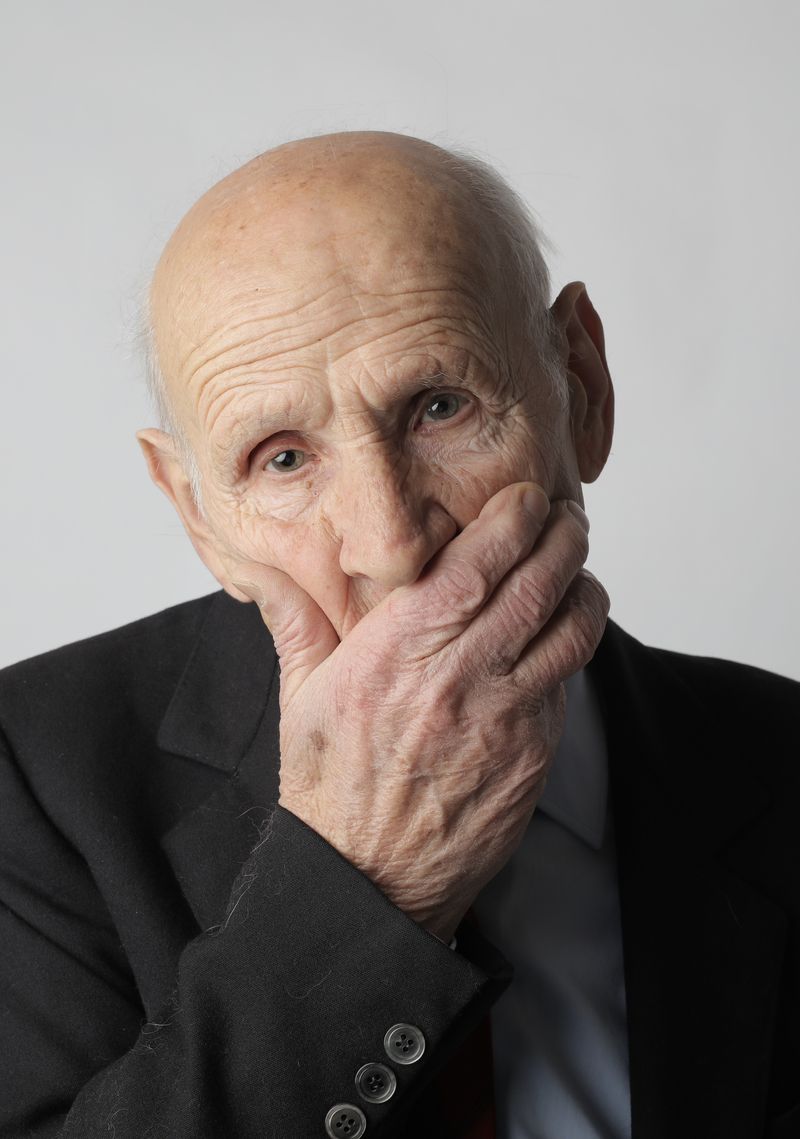Antisemitic Attack in Pittsburgh: Jury Sentences Gunman to Death
The Verdict
A federal jury in Pittsburgh has sentenced Robert Bowers, the gunman responsible for the 2018 massacre at the Tree of Life synagogue, to death. Bowers stormed the synagogue, killing 11 worshippers and wounding two others, making it the deadliest antisemitic attack in U.S. history. The jury unanimously found that Bowers’ attack was motivated by his hatred of Jews and his white supremacist beliefs. They also concluded that he showed no remorse for his actions. The sentence was recommended by the jury after they found Bowers guilty on 63 criminal counts. The formal imposition of the sentence will be done by a judge at a later date.
Impact and Reactions
The impacts of this horrific attack continue to reverberate within the Jewish community and beyond. The family of 97-year-old Rose Mallinger, one of the victims, expressed gratitude and said that “a measure of justice has been served.” However, not all victims’ families agree with the death sentence, with some preferring that Bowers spend the rest of his life in prison. Nevertheless, the New Light Congregation, which lost three members in the attack, accepts the jury’s decision and believes that society must not tolerate such acts of hatred and violence.
The Defense’s Arguments
Bowers’ defense team did not argue against his guilt but focused on attempting to save his life. They presented evidence of a traumatic and neglectful childhood and claimed that Bowers suffered from severe, untreated mental illness. According to the defense, Bowers harbored delusional beliefs that Jews were participating in a white genocide. They argued that his schizophrenia and brain abnormalities, combined with exposure to extremist content online, made him susceptible to carrying out the attack.
The Prosecution’s Case
The prosecution rejected the defense’s claim that mental illness played a significant role in Bowers’ actions. They maintained that Bowers was fully aware of his actions when he violated the sanctity of the synagogue and opened fire on innocent congregants. The jury ultimately sided with the prosecution, rejecting most of the primary defense arguments for a life sentence. While they acknowledged Bowers’ difficult childhood, they gave more weight to the severity of the crimes committed.
Preparation and Execution of the Attack
On October 27, 2018, Bowers forcefully entered the Tree of Life synagogue and targeted members of the Dor Hadash, New Light, and Tree of Life congregations. He exchanged gunfire with police officers who responded to the scene and was ultimately shot three times. Bowers expressed no remorse for his actions and even stated that he considered himself a soldier in a race war. He also wished he had been able to harm more people.
Moving Forward and Seeking Healing
The attack at the Tree of Life synagogue shook the Pittsburgh community and the nation as a whole. As the trial comes to a close, survivors, the victims’ families, and those affected by the attack will have an opportunity to address the court and Bowers directly during his formal sentencing. The Tree of Life congregation has been closed since the shootings but is working on an overhaul of their synagogue complex, which will include a sanctuary, museum, memorial, and center dedicated to fighting antisemitism.
President Biden’s Stance on Capital Punishment
It is worth noting that this is the first federal death sentence imposed during the presidency of Joe Biden, who campaigned on ending capital punishment. Since taking office, the Biden administration has implemented a moratorium on federal executions and has refrained from authorizing the death penalty in multiple cases where it could potentially apply. However, federal prosecutors argued that in Bowers’ case, death was the appropriate punishment given the vulnerability of the victims.
Conclusion
The sentencing of Robert Bowers to death for his antisemitic attack on the Tree of Life synagogue is a consequential decision that reflects society’s commitment to holding individuals accountable for acts of hate and violence. While the death penalty is a deeply divisive issue, the severity of the crimes committed and the lasting impact on the Jewish community in Pittsburgh and beyond have led to the jury’s unanimous decision. It is now crucial for the healing process to begin, and for efforts to continue in combating antisemitism and promoting tolerance and understanding among all communities.

<< photo by Ketut Subiyanto >>
The image is for illustrative purposes only and does not depict the actual situation.
You might want to read !
- Ramaswamy’s Controversial Take on the 9/11 Commission Report
- Former Bachelorette Gabby Windey Opens Up About Her Same-Sex Relationship
- Stalemate in Jamaica vs Brazil clash keeps hopes alive in Women’s World Cup 2023
- Former ‘Bachelorette’ Gabby Windey opens up about her sexuality on ABC’s ‘The View’: A step forward for LGBTQ+ representation in reality TV
- Wyoming’s Ambitious Plan to Protect Sage Grouse: Will it Succeed?
- The Artistry Behind the Oscar-Nominated Bollywood Film: An Interview with Nitin Desai, Production Designer
- ‘Home Improvement’ Star Zachery Ty Bryan Arrested Again on Domestic Violence Charges: A Troubling Pattern Emerges
- 5 Key Updates for August 1: Trump, Wildfires, Ford Recall, Space Exploration
- “Lori Vallow Daybell’s Tragic Saga: Idaho Mom Sentenced for the Murders of Her Two Children”
- “Lori Vallow Daybell Receives Multiple Life Sentences for Murdering Her Children: A Grim Tale of Deception and Tragedy”
- Passionate Support for Karl at FEQ: Uniting Everyone!




